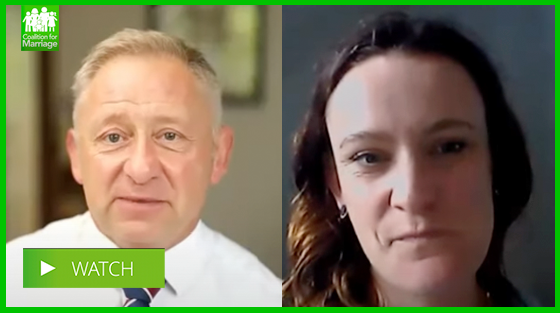Interview: Activists want to ‘replace family values’ in schools

The Association of Christian Teachers (ACT), has published deeply concerning findings about how traditional views of marriage and gender are treated in schools. Watch my discussion with ACT’s Lizzie Harewood about this here.
ACT’s investigation was prompted by numerous teachers who felt “forced” into activities counter to their beliefs, such as Pride marches, or who saw their young pupils exposed to “drag-queen story time” against their wishes. It aimed to find out if these instances were isolated or part of a broader trend by speaking to teachers who champion man-woman marriage and traditional gender views.
The research centred on the nature of Relationships and Sex Education (RSE) materials, exemplary practices, and how schools responded to moral objections about resources and third-party providers. Lizzie told me that three startling revelations emerged:
- A clear “existence of … ideological bias in the curriculum” that neglects traditional views on marriage and gender.
- The growing marginalisation of teachers upholding these values, leading them into “unnecessary [professional] dilemmas”.
- A number of educators are being removed from teaching RSE due to their convictions, even when these are presented “in a balanced way”.
Beyond these core findings, many teachers face a looming “state of fear” should they voice concerns or seek a balanced teaching approach. Disturbingly, certain ideological groups seem to believe it’s their right to “replace family values”. Some educators reported that the benefits of children growing up with married parents receive “no mention”.
However, Lizzie highlighted ACT’s unwavering commitment to supporting Christians in education. Its backing for traditional beliefs around man-woman marriage and immutable gender stems from a conviction that these principles result in the best outcomes for all children, irrespective of their faith.
C4M knows that optimal outcomes for both adults and children spring from the gold standard of man-woman marriage. Teaching this to the next generation in a balanced manner should be paramount. We encourage you to share the interview, stand with educators facing these challenges, and advocate for the rightful recognition of real marriage in education and society at large.
